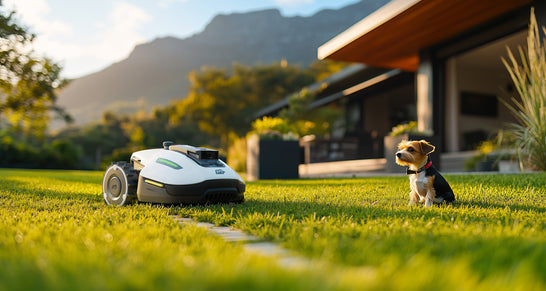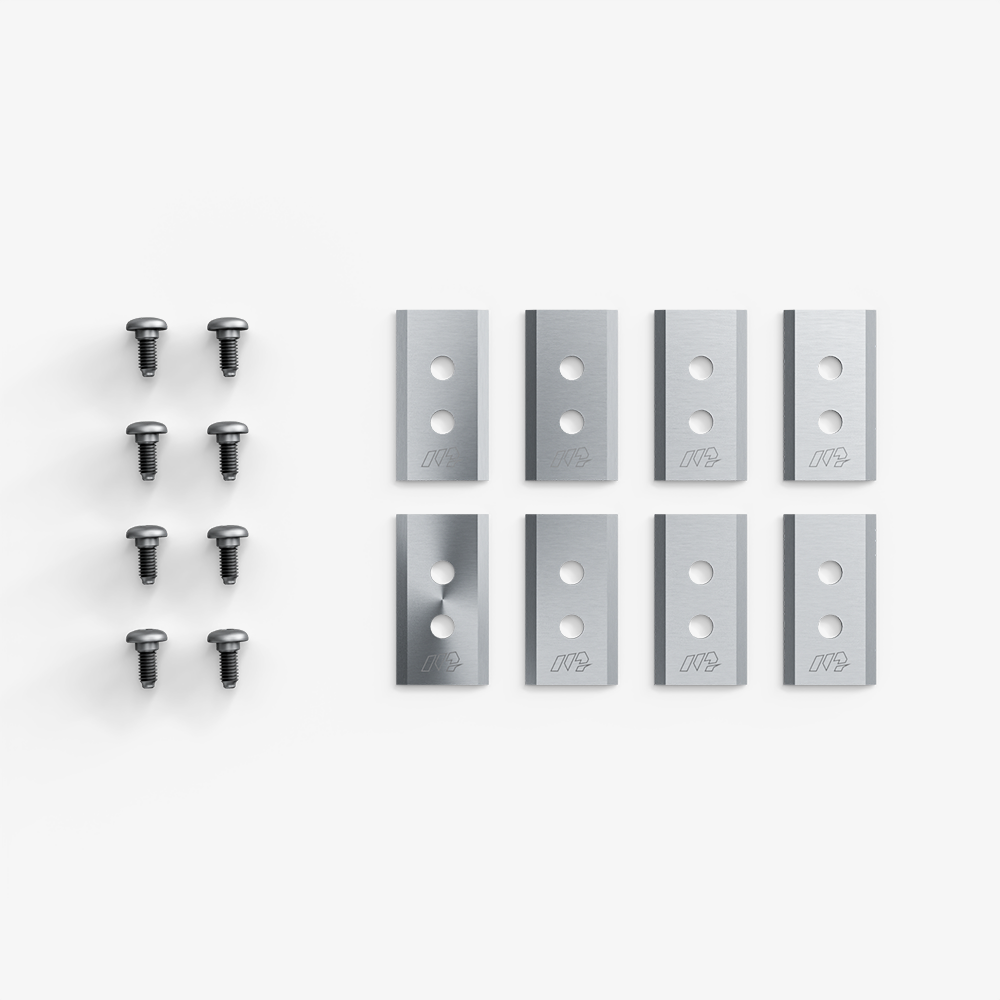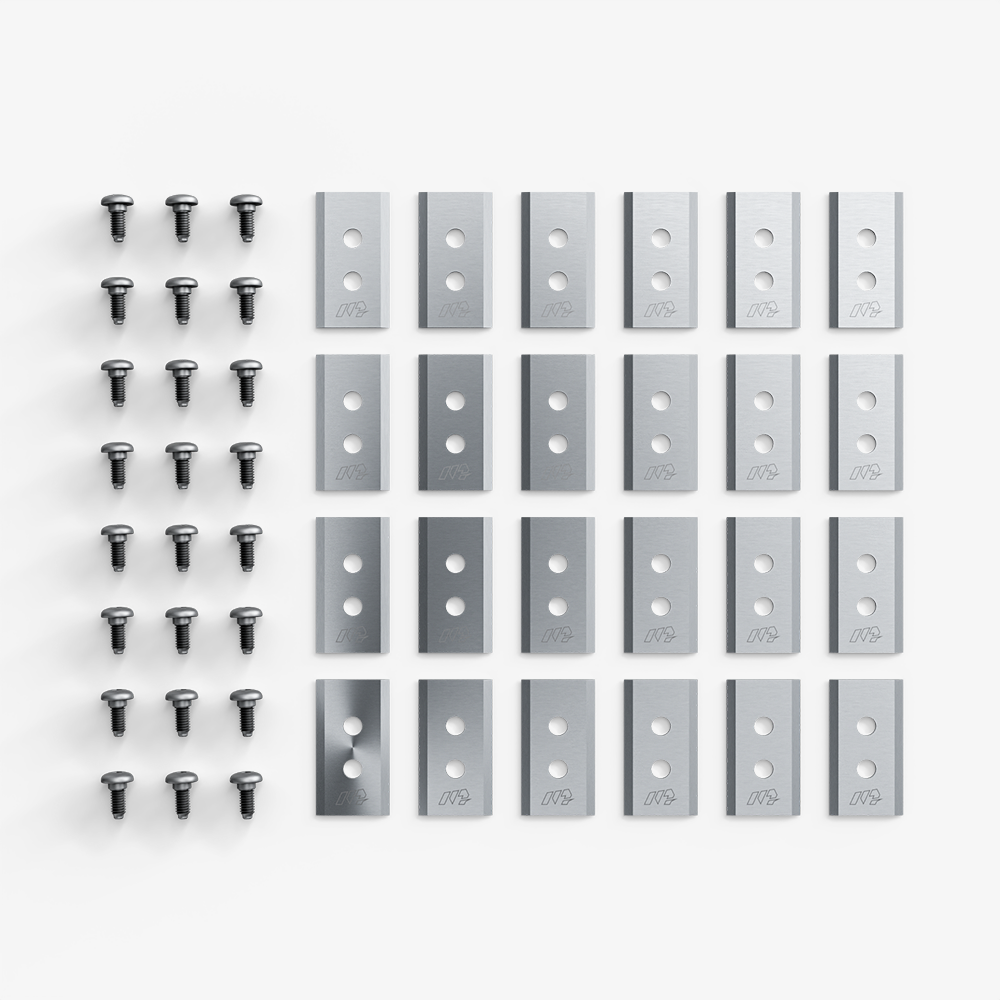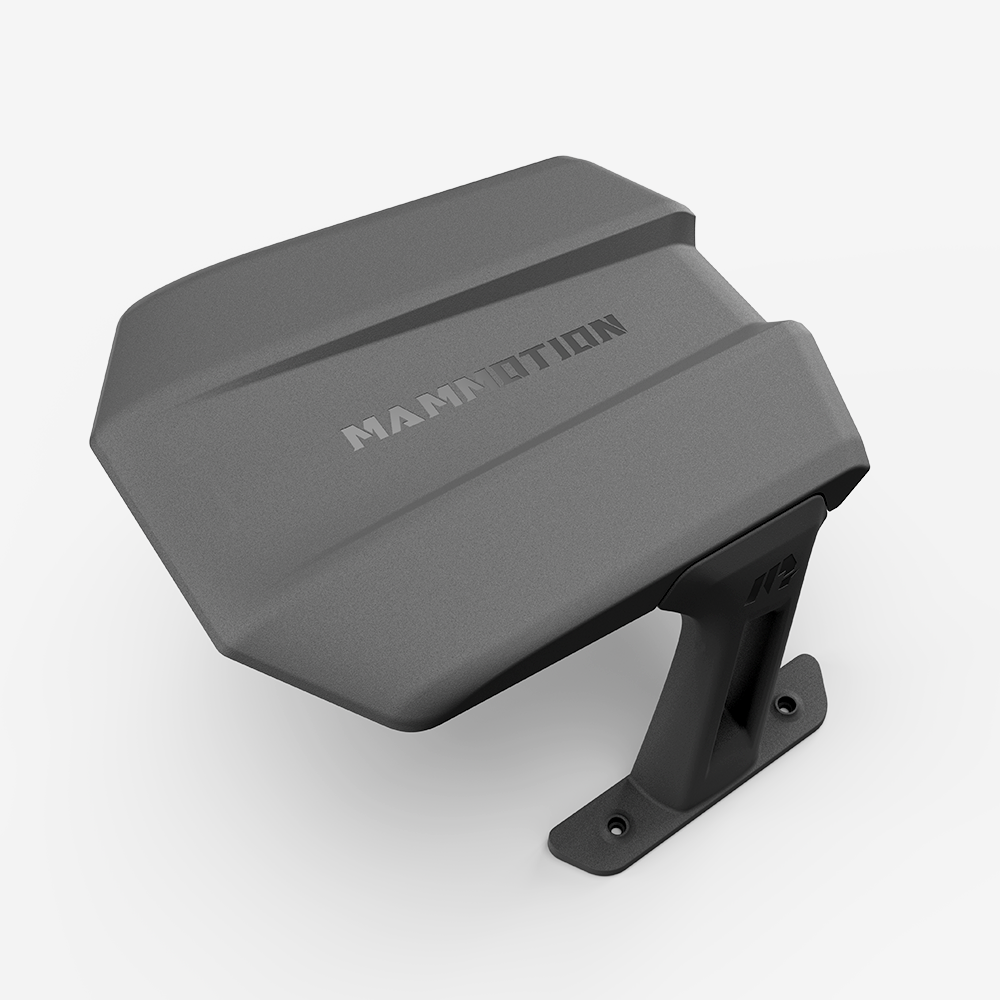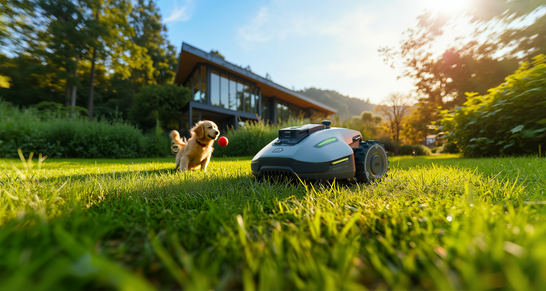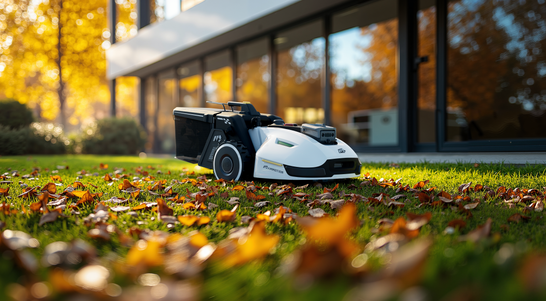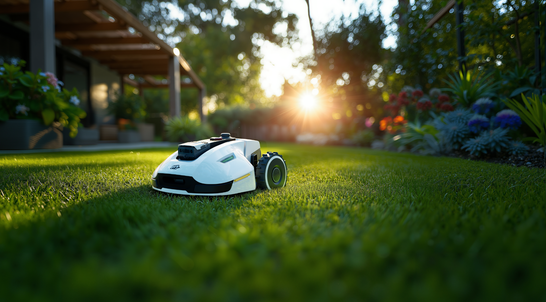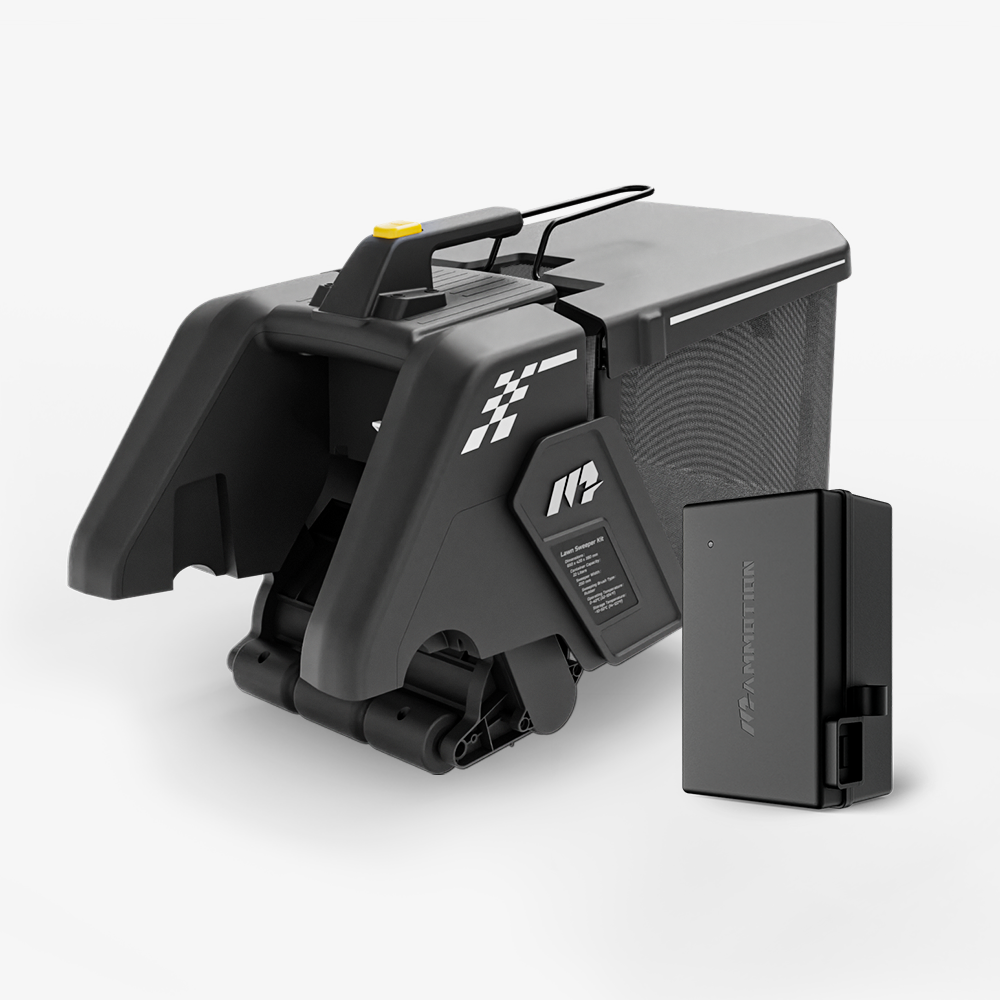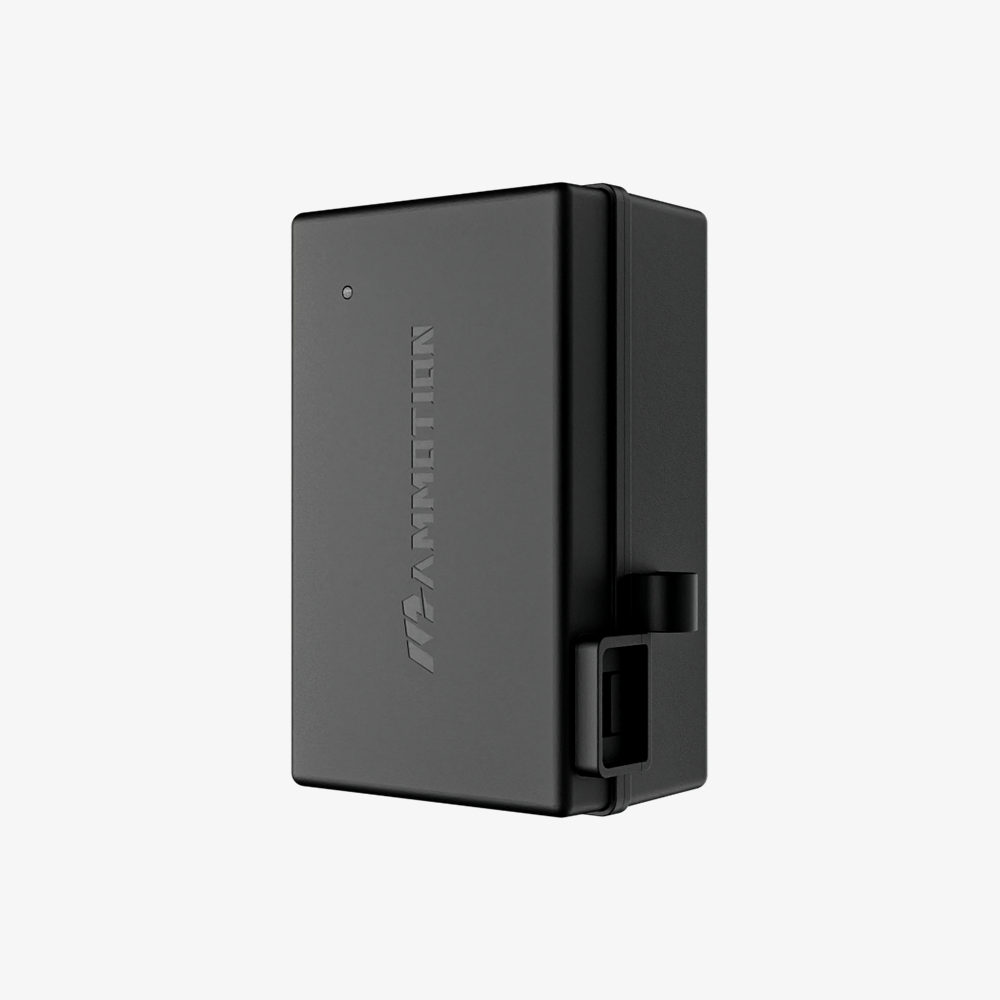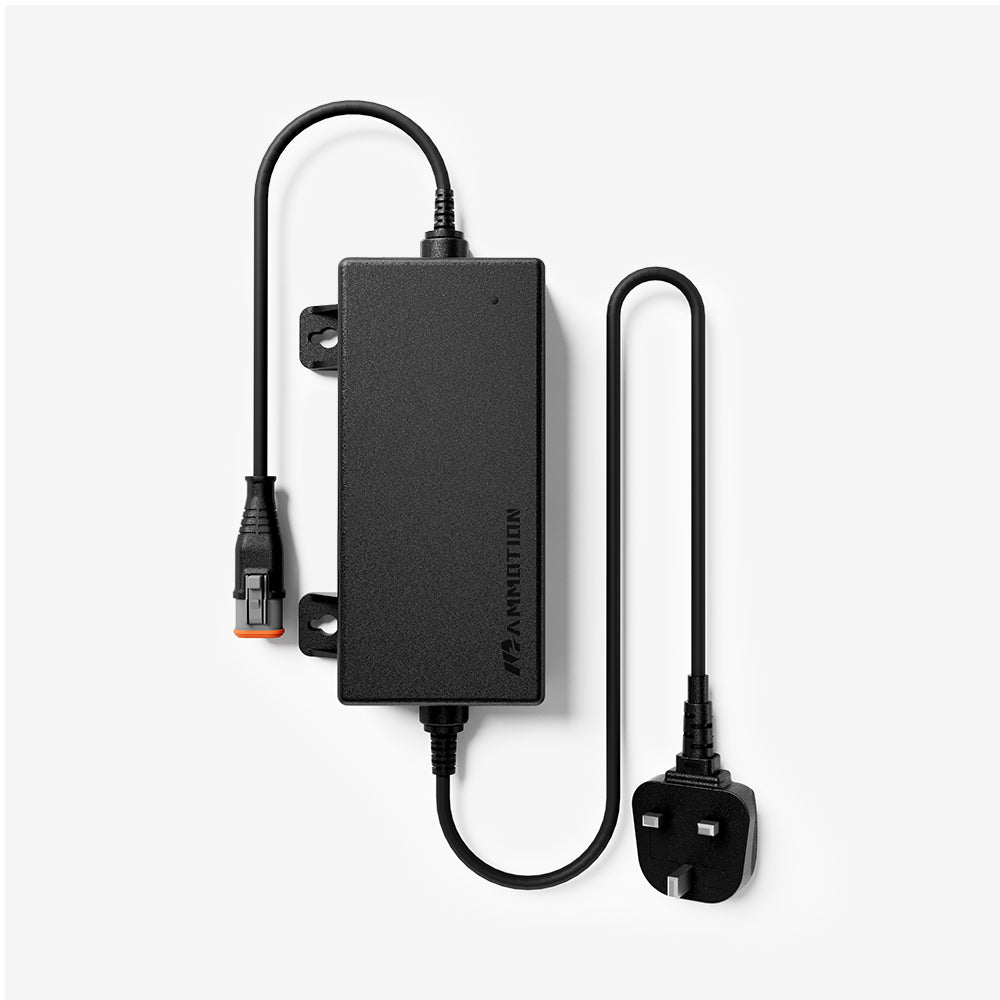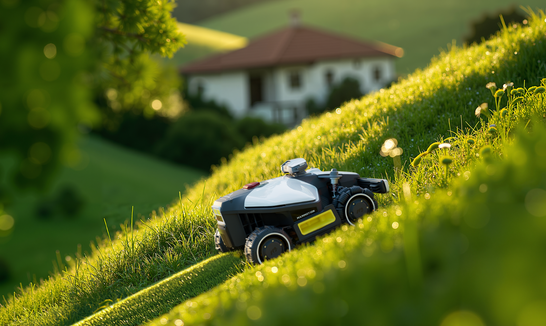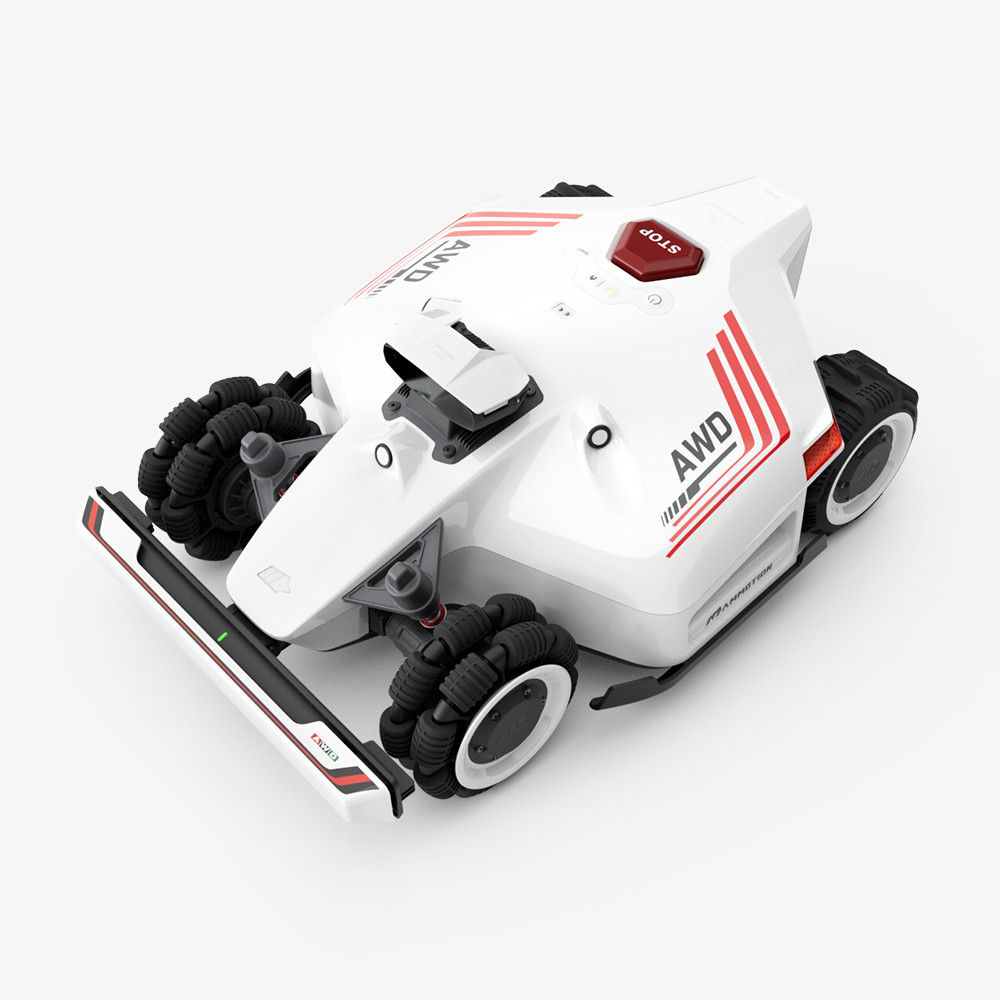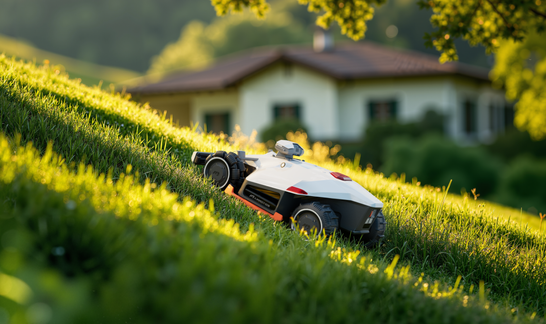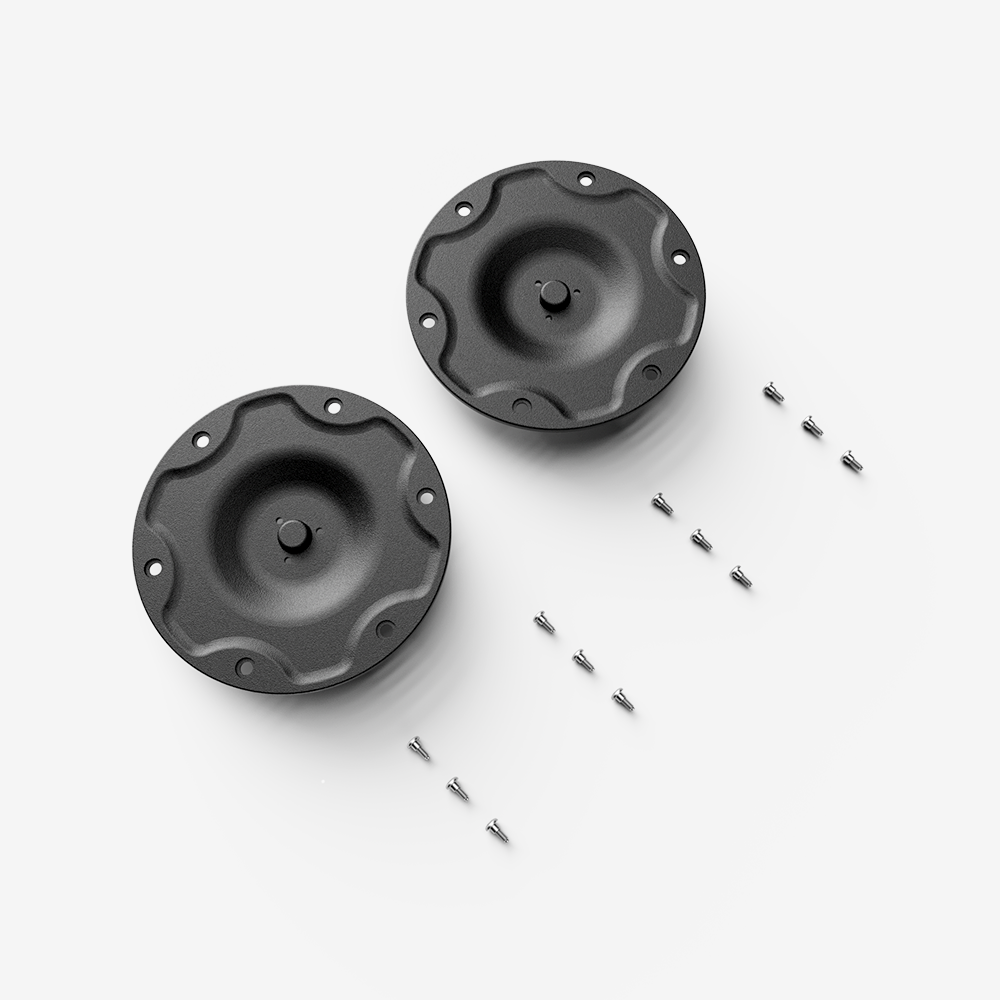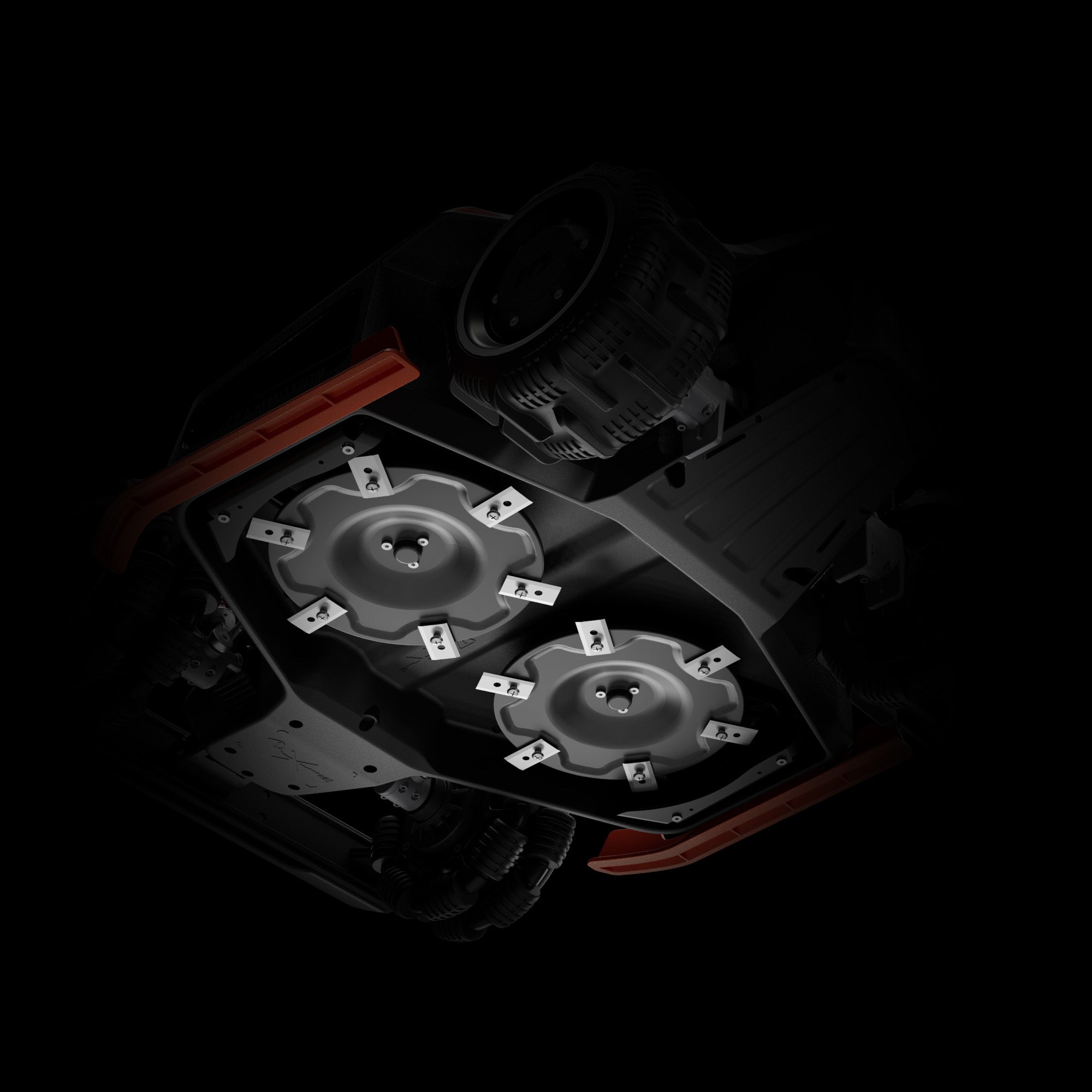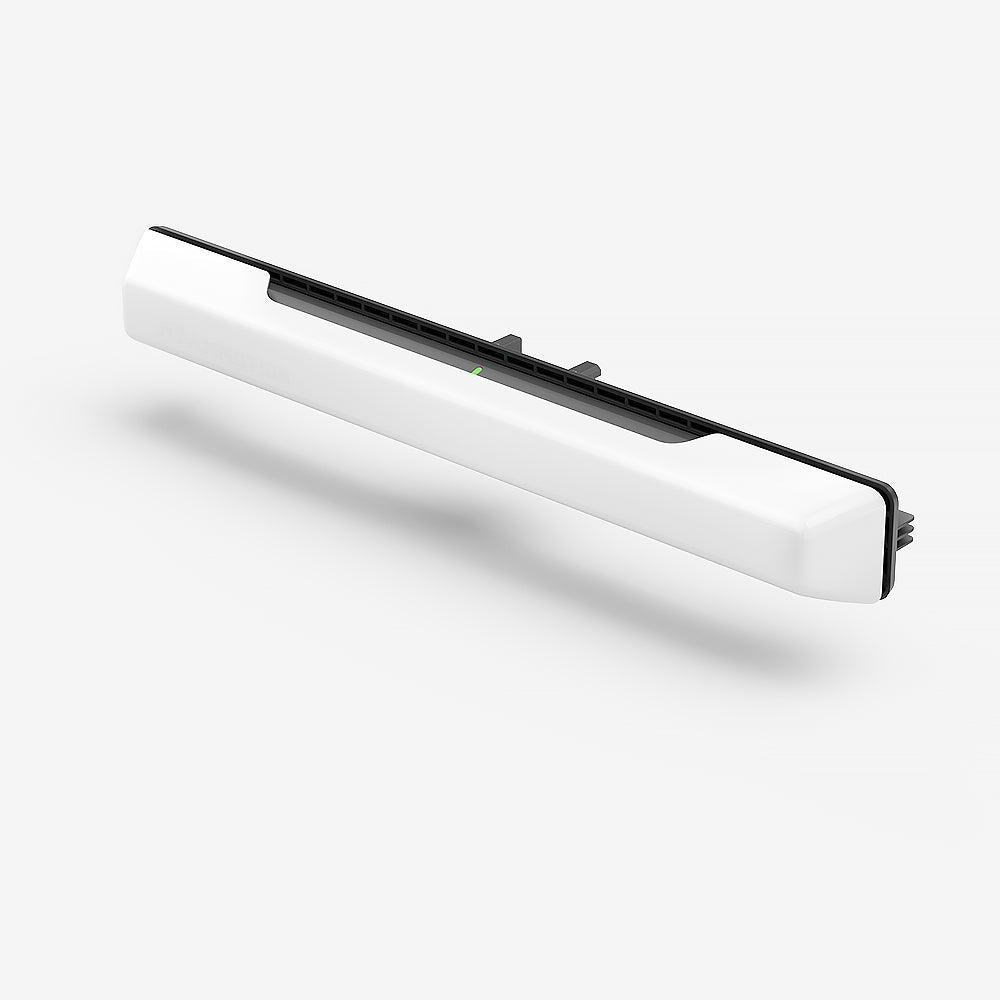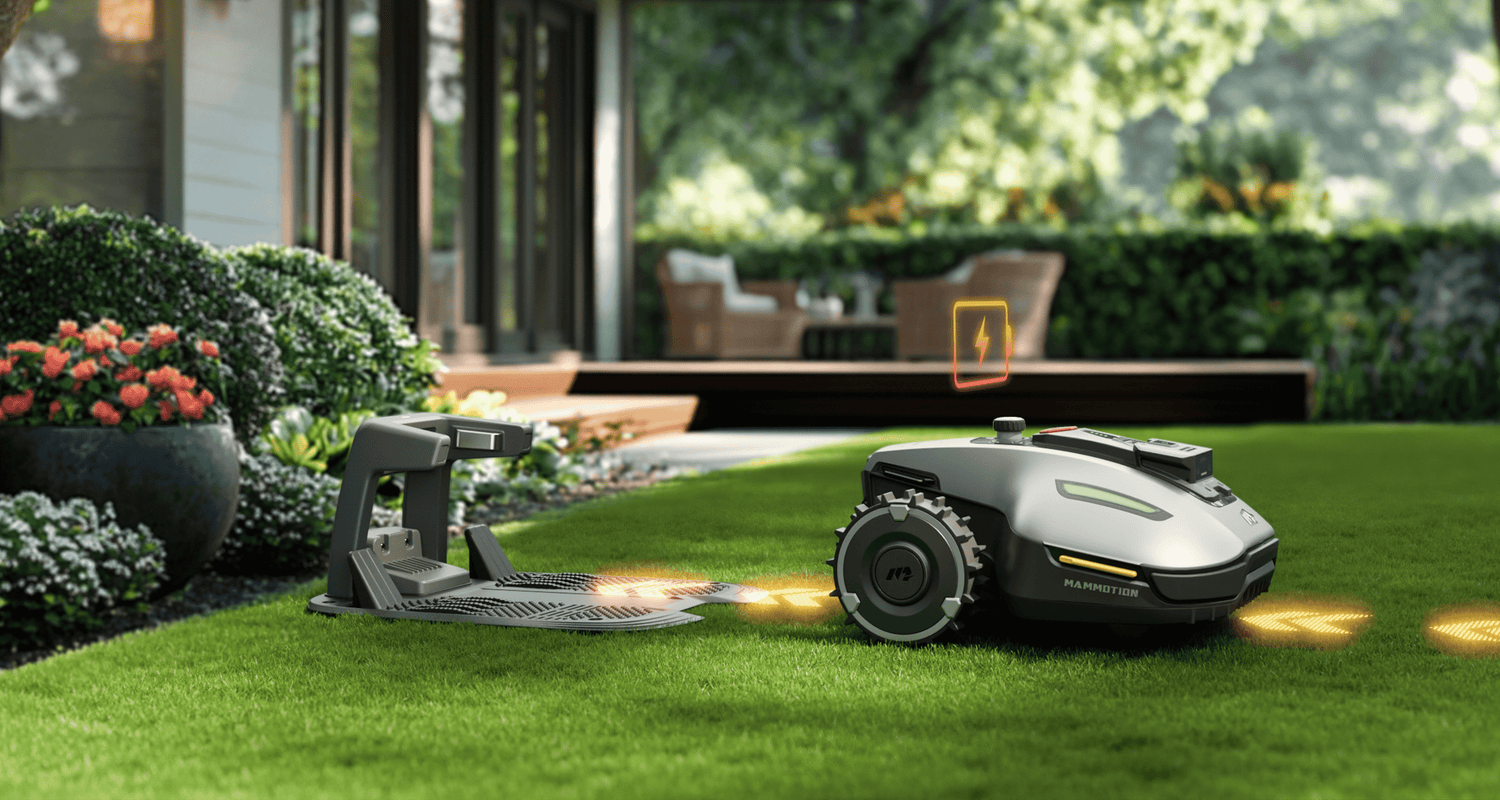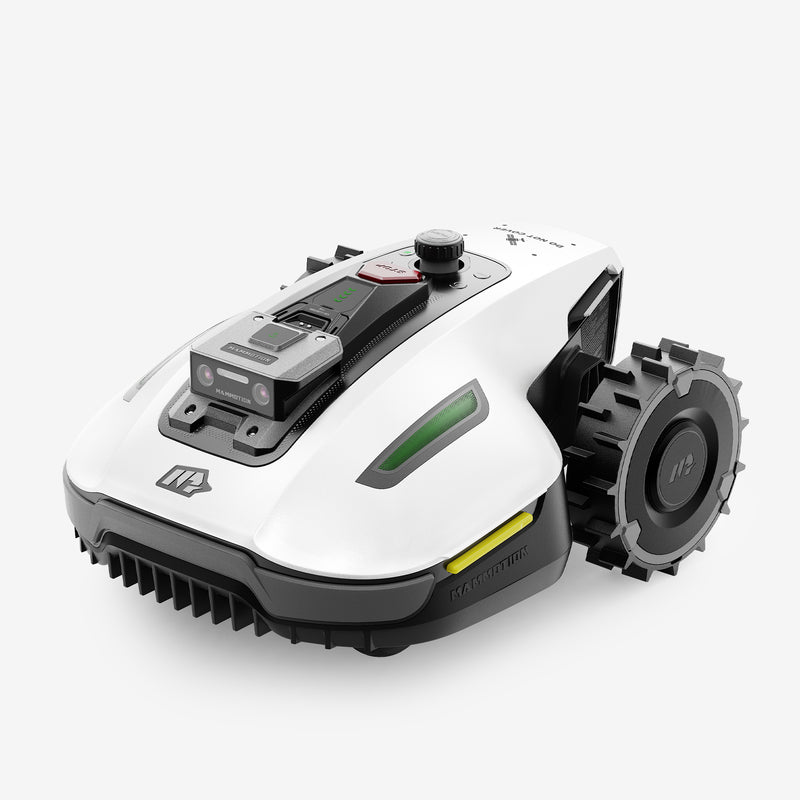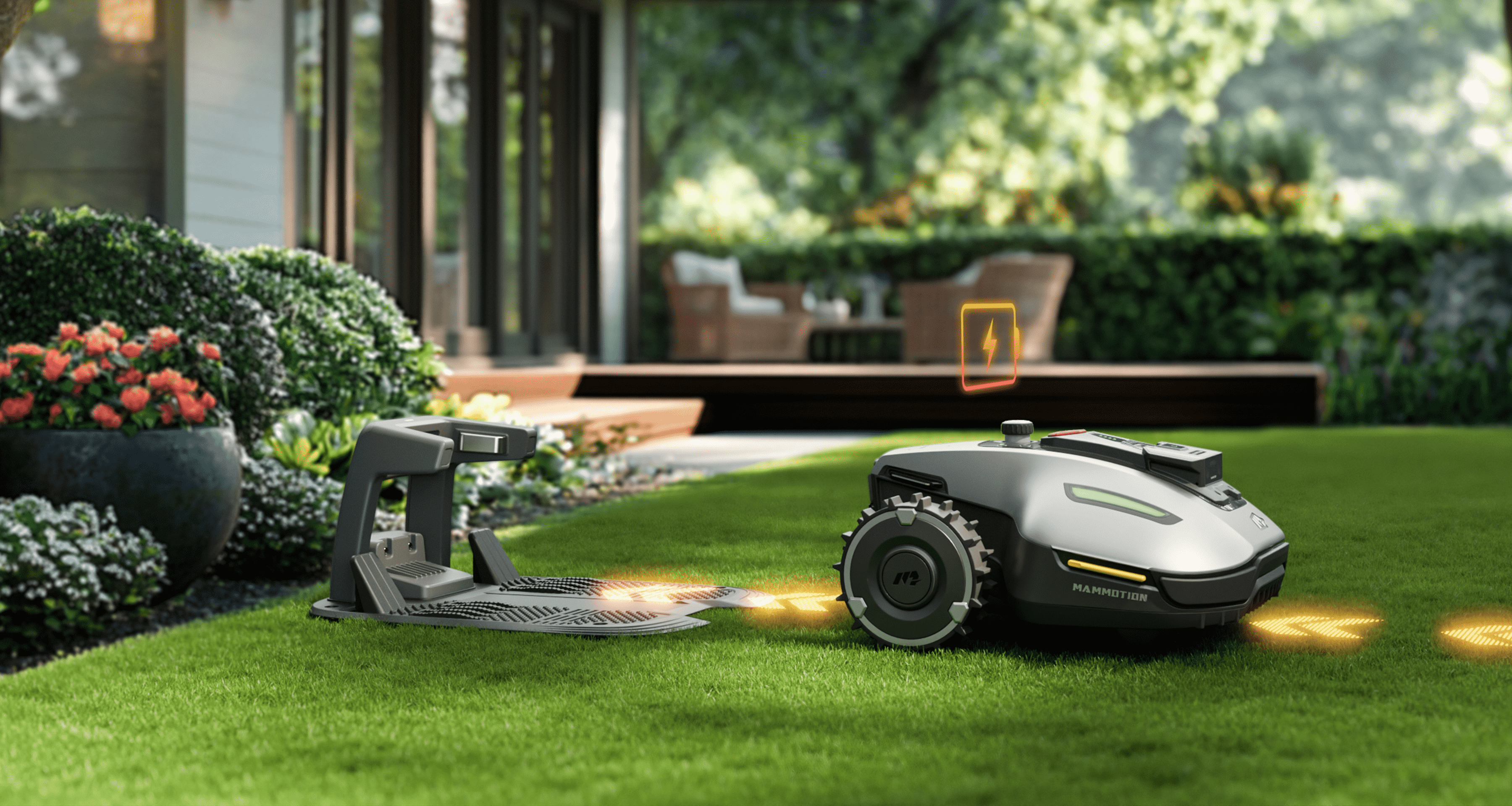When it comes to keeping your lawn pristine, the type of mower you choose plays a crucial role. With UK homeowners increasingly turning to smarter and more efficient gardening solutions, the debate between a robot lawn mower and a push mower has never been more relevant. Which one suits your lawn—and your lifestyle—better? In this guide, we’ll walk you through both options, comparing the pros and cons to help you find the best fit for your garden and your needs.
What is a Robot Lawn Mower?

Robot lawn mowers have transformed the way we approach lawn maintenance, especially in the UK where time-saving and eco-conscious solutions are increasingly in demand. These autonomous devices use cutting-edge technology such as sensors, GPS, and AI to navigate your garden and trim the grass to a consistent height—without manual effort.
There are two primary types of robot lawn mowers:
1. Robot Mowers with Perimeter Wires
These models require a physical wire installed around the garden's perimeter to set the mowing boundary. Though the initial setup takes time, it offers high accuracy, especially in irregularly shaped British gardens. Once the wire is installed, the robot mower works automatically, staying within its boundary and avoiding flower beds or patios.
2. Perimeter Wire-Free Robot Mowers
Newer models, like the YUKA Mini, rely on GPS and smart sensors to create virtual boundaries, making setup much simpler. These mowers learn your garden’s layout and adapt their path intelligently, offering a flexible, no-fuss solution ideal for compact UK gardens. They're especially useful for homeowners who want an easy and efficient setup.
Both types offer unique advantages, and the best choice often depends on your lawn’s complexity and your preference for simplicity or precision.
What is a Push Mower?
A push mower—sometimes referred to as a manual or reel mower—is the traditional choice for lawn care. Operated entirely by human effort, push mowers require you to walk behind and manually push the machine across your lawn. With no automation or power source involved, they’re simple, mechanical, and budget-friendly.
Push mowers are popular due to their low upfront cost and minimal environmental footprint. They don’t require petrol or electricity, making them ideal for eco-conscious users. Additionally, using a push mower provides physical exercise, which many homeowners enjoy as part of their gardening routine.
For small, flat lawns typical in many UK properties, push mowers remain a practical and effective choice. However, they can become physically demanding for larger or uneven gardens.

Robot Lawn Mower vs. Push Mower: A Detailed Comparison
Let’s explore the key factors that separate these two types of mowers, especially considering the specific needs of UK homeowners.
1. Time and Effort
Robot Lawn Mower: Designed for ultimate convenience, these mowers operate autonomously after the initial setup. You can schedule them to mow even when you're not home, allowing you to focus on other tasks while your lawn stays neat.
Push Mower: Requires manual operation, demanding both time and energy. Depending on your garden’s size, mowing can take 30 minutes to over an hour. If you're often busy or prefer to relax on weekends, a push mower may not align with your lifestyle.
2. Cost
Robot Lawn Mower: Prices range from £400 to £2,000 depending on features and brand. Though the initial investment is higher, they have lower running costs—no petrol required, and less frequent servicing. Over time, they may pay for themselves through saved time and effort.
Push Mower: An affordable option, with prices typically between £50 and £300. Maintenance is inexpensive, though occasional blade or wheel replacements may be needed. Ideal for budget-conscious homeowners.
3. Maintenance
Robot Lawn Mower: Maintenance is straightforward—keep the blades sharp, clean the sensors, and charge the battery. Many models offer self-cleaning features and automated diagnostics, reducing manual upkeep.
Push Mower: Simple to maintain but requires regular blade sharpening and wheel care. Grass clippings need to be cleared manually, adding to the overall workload.
4. Environmental Impact
Robot Lawn Mower: Battery-powered and energy-efficient, robot mowers generate zero emissions and operate quietly—important for UK neighbourhoods with noise restrictions.
Push Mower: Completely manual and eco-friendly. They require no electricity or fuel, but may be noisier depending on the mechanical design, especially when handling thick grass.
5. Performance in Small Gardens
Robot Lawn Mower: The robot mower is designed to work in all types of gardens, including small spaces. Especially Mammotion new product YUKA mini robot lawn mower, it’s compact and agile, able to navigate around obstacles and handle narrow paths or tricky corners. YUKA mini perimeter wire-free design works particularly well in smaller gardens, where their self-mapping technology allows for fast setup and smart navigation.
Push Mower: Push mowers are ideal for smaller, flat lawns. If you have a garden with minimal obstacles or steep slopes, a push mower might be your best bet. However, they can be tiring to push in larger gardens or on uneven terrain.
Comparison Table
|
Factor |
Robot Lawn Mower |
Push Mower |
|
Time and Effort |
Autonomous, minimal effort needed |
Requires manual effort and time |
|
Cost |
£400 - £5,000 (initial) |
£50 - £300 (initial) |
|
Maintenance |
Low (self-cleaning, occasional blade sharpening) |
Regular blade sharpening, occasional wheel servicing |
|
Environmental Impact |
Battery-powered, zero emissions, quiet |
No emissions, eco-friendly, but can be noisy |
|
Performance on Small Gardens |
Excellent (compact, agile, easy setup) |
Good for small, flat lawns |
Robot Lawn Mower vs. Push Mower: Which One is Right for You?
Now that you have a clearer picture of the differences between a robot lawn mower and a push mower, it’s time to decide which one is the best fit for your specific needs. Your choice will depend on factors like your garden size, how much time you want to spend on lawn care, and your budget.
Choose a Robot Lawn Mower If:
- You lead a busy lifestyle and want a time-saving solution.
- You prefer smart technology and automation.
- You have a slightly larger or more complex garden layout.
- You want an environmentally friendly and quiet mowing option.
Robot mowers like the YUKA Mini offer cutting-edge features such as GPS mapping and perimeter wire-free operation, making them ideal for modern British gardens. With self-scheduling and efficient navigation, you get a pristine lawn without the manual labour.
Choose a Push Mower If:
- You enjoy physical activity and hands-on lawn care.
- You’re working within a limited budget.
- Your garden is small, flat, and easy to maintain.
Push mowers are reliable, affordable, and ideal for those who see lawn care as part of their fitness routine. They’re also a great choice if you prefer a more traditional, no-frills approach.
Conclusion: Make the Choice
Conclusion: The Smart Choice for Your Lawn
Choosing between a robot lawn mower and a push mower depends on your specific priorities—whether that’s saving time, cutting costs, staying active, or reducing environmental impact.
If you value convenience, smart automation, and long-term efficiency, a robot mower is the ideal choice. On the other hand, if you enjoy a more hands-on approach and want a cost-effective solution, a push mower may suit you better.
Ultimately, both options can help you achieve a beautifully maintained lawn. It’s about finding the right balance between technology, budget, and personal preference. Whatever you choose, your garden—and your weekends—will thank you.
Frequently Asked Questions
1. Are robot lawn mowers suitable for small UK gardens?
Yes, modern robot mowers like the Mammotion YUKA Mini are specifically designed for small, urban UK gardens. They’re compact, agile, and can navigate narrow paths and tight corners with ease.
2. Do I need to install a boundary wire for a robot lawn mower?
Not always. Some robot mowers, like the YUKA Mini, are wire-free and use GPS and sensors to map and mow your garden without requiring a perimeter wire installation.
3. Which is more eco-friendly: a robot mower or a push mower?
Both options are eco-friendly. Push mowers require no electricity or fuel, while robot mowers run on rechargeable batteries and produce zero emissions. Robot mowers also tend to be quieter, benefiting suburban environments.
4. Can a robot lawn mower handle rain and wet grass in the UK?
Most robot mowers are water-resistant and can handle light rain. Premium models feature rain sensors that send the mower back to its docking station to avoid mowing in poor conditions, protecting the grass and the mower.
5. Is a push mower better for exercise?
Absolutely. Push mowers provide a decent physical workout and are ideal for users who enjoy being active outdoors. However, they require more effort, especially on uneven or larger lawns.
6. How much does a robot lawn mower cost compared to a push mower?
Robot mowers range from £400 to £2,000, while push mowers typically cost £50 to £300. Though more expensive upfront, robot mowers can save you time and reduce ongoing lawn care costs.
7. What maintenance does a robot lawn mower need?
Robot mowers require blade replacement, occasional sensor cleaning, and battery checks. Most models are low-maintenance and self-cleaning, especially when compared to petrol mowers.
8. Will a robot mower work on a lawn with flower beds and obstacles?
Yes. Robot mowers are equipped with obstacle detection sensors to avoid flower beds, pets, or garden furniture. Wire-free models can even adapt their path dynamically using GPS mapping.
9. Can I use a robot mower if I have no grass in my front garden?
Yes. Robot mowers only need access to the grass area you want to cut, not the entire property. As long as they can reach the lawn, the location of other parts of your garden doesn't matter.
10. What’s the best robot lawn mower in the UK for 2025?
The Mammotion YUKA Mini is among the best robot lawn mowers in the UK, especially for small gardens. It’s wire-free, easy to set up, and designed to handle UK weather and narrow layouts.


